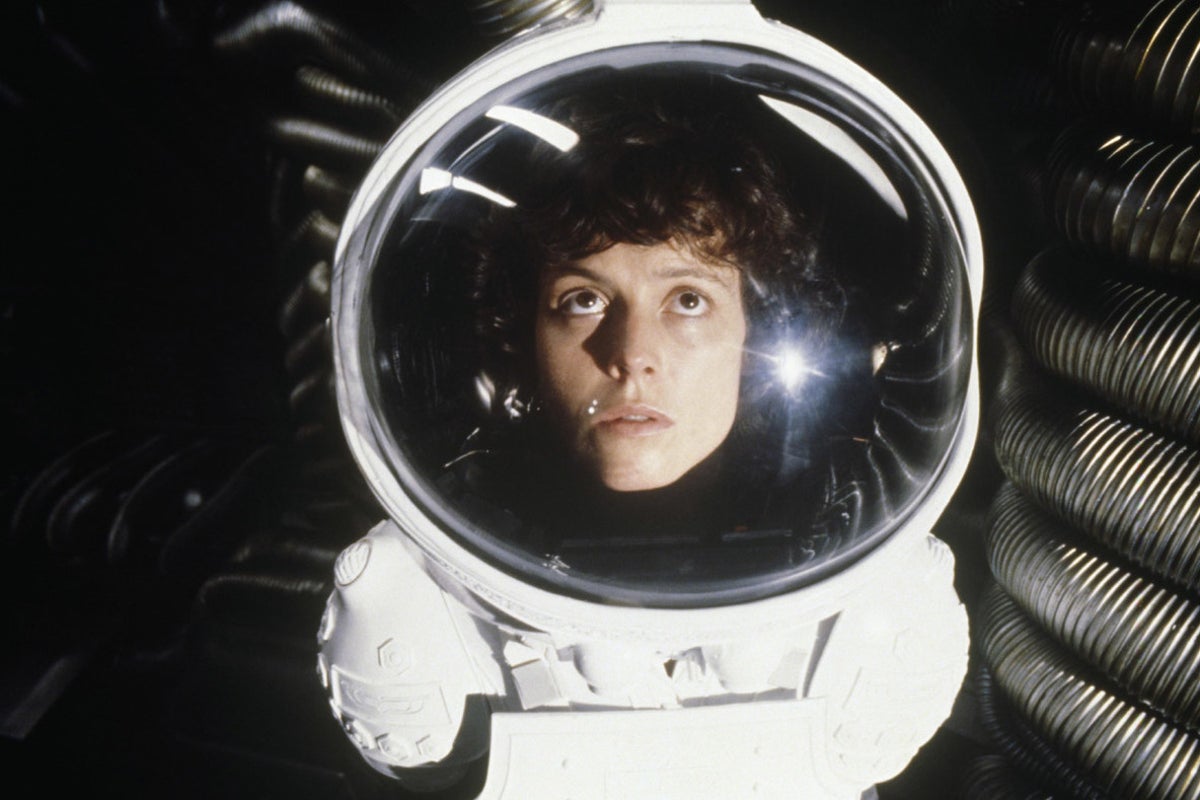
So last night, I was watching the classic horror movie Alien (1979) directed by Ridley Scott, and, to say the least, I really enjoyed the film. I was on the edge of my seat (well, bed) the entire time and the suspense during every scene was almost unbearable. When I woke up this morning and began brushing my teeth, it soon struck me on how different Alien was when compared to other horror movies of that time period, and even today. I was quickly reminded of Nancy Mairs' piece on disabilities and about how minority groups are very rarely represented accurately in the media, but instead of playing into these stereotypes, Alien was one of the very few horror films that actually manages to subvert them.
Before you continue on, I would like you to know that this article does contain spoilers for the movie because I can't really talk about the characters without giving some of the plot points away. So... keep that in mind before you proceed onwards. With that being said, let's continue!
The first example of this can be seen with the character of Parker. Now, it's a common Hollywood trope that every horror movie must have one black guy, who's only purpose in the movie is to die first so that the story can continue on with the rest of the all-white cast. Alien, on the other hand, tries to more accurately represent a minority character. Parker is characterized by the screenwriters to display actual human concerns and emotions. He's a wisecracking engineer, who's also vexed that he and his coworker get a smaller share of profits than the other crew-mates on board. He is a loyal friend, as he's the largest advocate for killing the xenomorph after it killed his coworker friend Brett. Did Alien have the perfect representation of minorities? Probably not, considering that Parker is the only non-white character in the movie. However, I do think this film deserves credit for actually giving Parker a character arc and not killing him off at the first chance possible.

I particularly enjoyed Ripley's transition to become the leader, which I accredit to Scott's cinematography. In the beginning of the movie, we are uncertain on who the protagonist is going to be, as the movie equally focuses on everyone. It wasn't like the typical blockbusters of today, where you'll have an A-lister casted as the clear protagonist, so you can tell that that character will be safe the entire movie. Eventually, as the first few characters began to die off, the camera during many of the scenes began to focus more on Ripley, and we got more scenes where she was the main character in the frame. In the story, Ripley is third in command to Dallas and Kane. When those two characters die off, Ripley becomes the leader of the ship, and as a result, she slowly becomes the protagonist of the story. What I found interesting was that even when Dallas (the original captain of the ship) was alive, the story never really centered around him. He was just another crew-mate on board. However, as Ripley becomes the leader, the story slowly starts to center on her, possibly representing that Ripley was destined to be the true leader of the ship all along.
Alien does a great job building up tension and a claustrophobic environment that you feel trapped in, but it isn't just one of the best science fiction movies of all time. In a way, I feel like its main influence was the way that minority and women characters were represented in movies. I don't know about you guys, but I do feel like it's special that the last three survivors in the movie were two women and a black man, something that almost never would have happened in any other horror movie. I do feel like representation has gotten better ever since 1979, but we still have long ways to go. I just wanted to accredit Alien for breaking the stereotypes of those days, and I feel like it would have been a lot harder for filmmakers to make movies like Us or Kill Bill without Alien's lead.
I love how original your post is!
ReplyDeleteIt was very interesting how you connected the movie Alien and the material that we covered in class really well. It was very enjoyable reading it as you called out many points that I've never noticed before in the movie!
ReplyDeleteI don’t know much about the movie Alien, but the way you connected it from the last people being minority groups to how others movies in the same category have almost never done the same is something that I just realized. It is really an eye-opener.
ReplyDeleteI really like how you related a sci-fi movie to the material we covered in class. I also like how you connected discrimination in the movie industry to Mairs "Disability" essay. Great Job!
ReplyDelete